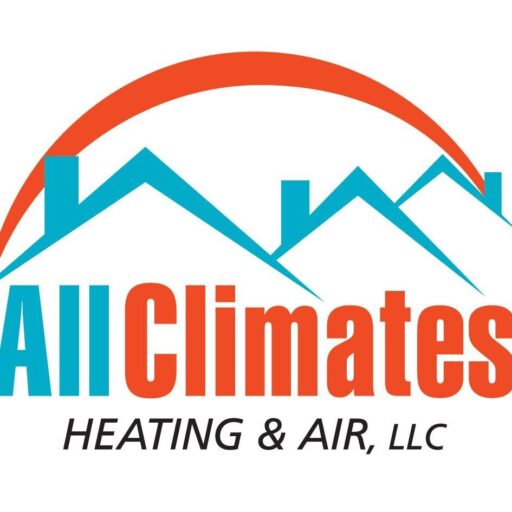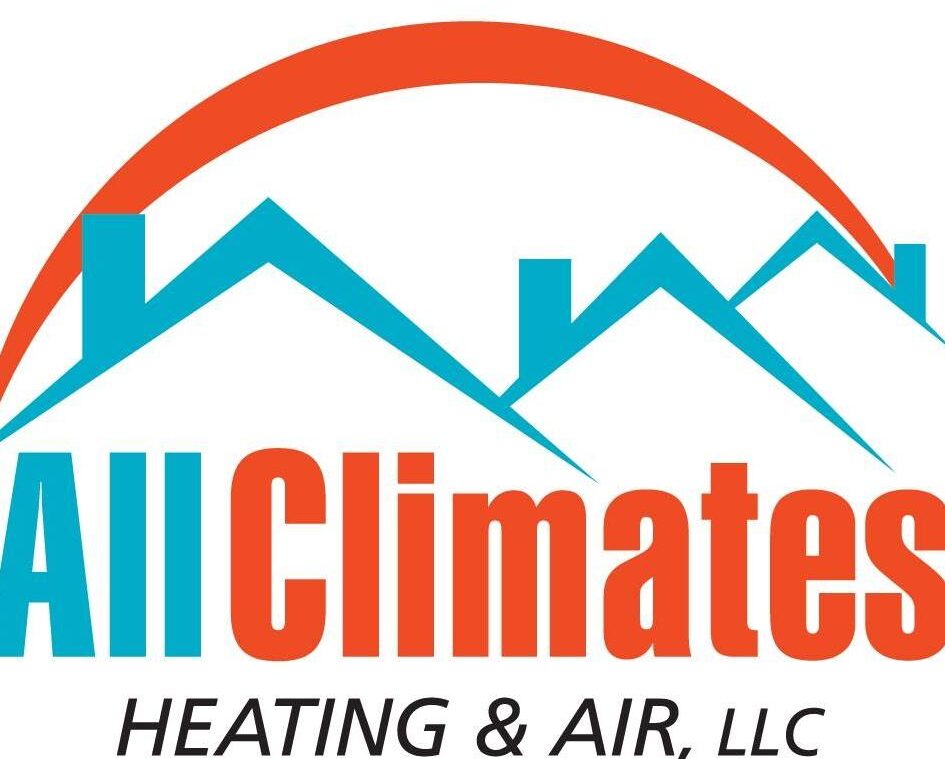Title: The Impact of Dirty Filters on HVAC Performance in Fultondale, Alabama
Introduction:
Maintaining a well-functioning HVAC system is crucial for indoor comfort, especially in a place like Fultondale, Alabama, where the weather can be unpredictable and extreme. One often overlooked aspect of HVAC maintenance is the regular replacement of air filters. Dirty filters can have a significant impact on the performance of your HVAC system, leading to decreased efficiency, higher energy bills, and potential costly repairs.
Effects of Dirty Filters on HVAC Performance:
1. Reduced Airflow: One of the primary effects of dirty filters is reduced airflow throughout the HVAC system. When filters become clogged with dust, dirt, and debris, they restrict the passage of air, making it harder for the system to circulate air effectively. This can result in uneven heating or cooling in different areas of your home and overall discomfort.
2. Decreased Efficiency: Dirty filters force your HVAC system to work harder to maintain the desired temperature, leading to increased energy consumption. This can result in higher utility bills and unnecessary strain on your system, potentially shortening its lifespan.
3. Poor Indoor Air Quality: A dirty filter is less effective at capturing airborne particles like dust, pollen, and pet dander. As a result, these contaminants can circulate throughout your home, compromising indoor air quality and potentially exacerbating respiratory issues or allergies.
4. Overheating and System Failure: In severe cases, dirty filters can cause your HVAC system to overheat due to restricted airflow. This can lead to system malfunctions, breakdowns, and costly repairs or replacements.
Importance of Regular Filter Replacement:
To avoid the negative impact of dirty filters on your HVAC system, it is essential to establish a regular filter replacement schedule. In Fultondale, where HVAC systems often work overtime to combat the hot and humid summers and chilly winters, proper maintenance is key to ensuring optimal performance and longevity.
By replacing filters every 1-3 months, depending on factors like the type of filter used and indoor air quality, you can help maintain airflow, energy efficiency, and indoor air quality in your home. Additionally, regular filter replacements can extend the lifespan of your HVAC system and reduce the likelihood of unexpected breakdowns or repairs.
Conclusion:
In conclusion, dirty filters can have a significant impact on the performance of your HVAC system in Fultondale, Alabama. By understanding the effects of clogged filters and the importance of regular maintenance, homeowners can ensure that their HVAC systems operate efficiently, effectively, and reliably throughout the year. Remember, a small investment in filter replacements can lead to significant savings in energy costs and prevent costly repairs down the line. Prioritize HVAC maintenance, starting with clean filters, to keep your home comfortable and your system running smoothly.

